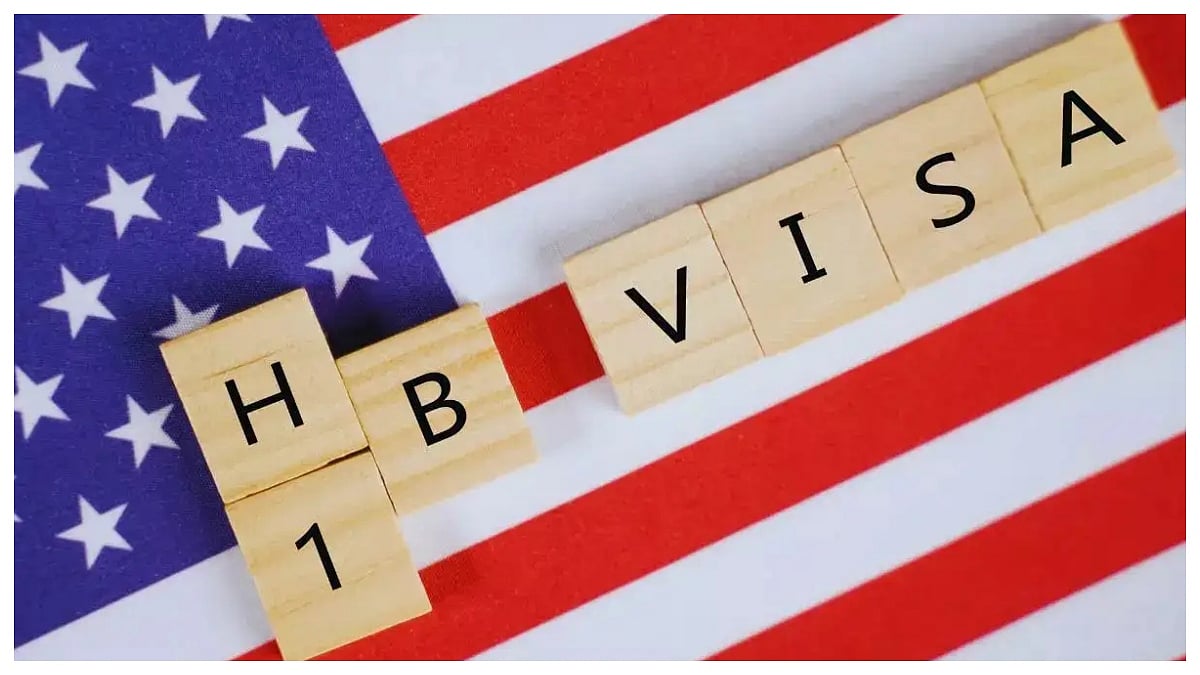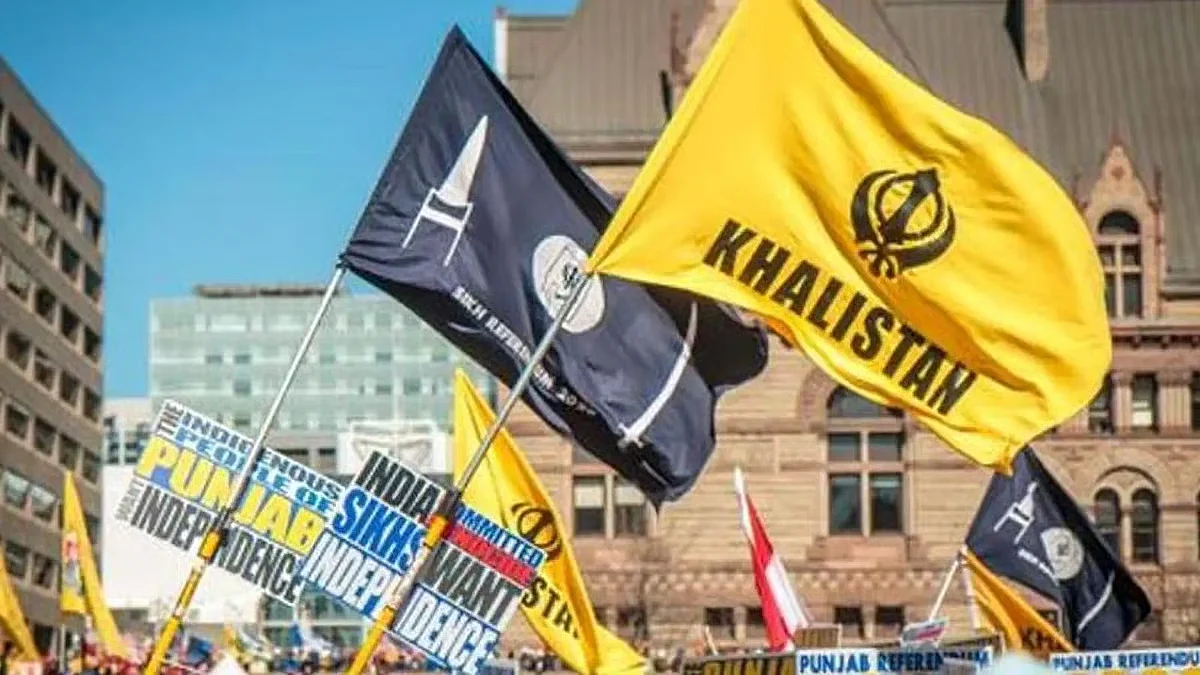On a warm day in June, Swati and Vijay Advani hosted an evening of heated engagement on the lawns of their home in Atherton, California. Gathered in their backyard were 50 of Silicon Valley’s brightest minds to listen to Milan Vaishnav, a senior fellow and director of the South Asia Program at the Carnegie Endowment for International Peace.
Vaishnav is also host of the Grand Tamasha podcast and author of ‘Institutional Roots of India's Security Policy’ and ‘When Crime Pays: Money and Muscle in Indian Politics’ (Yale University Press and HarperCollins India, 2017).
The topic of discussion was the results of the 2024 general elections in India where the ruling party came back to form the government but with a reduced number of seats. Vaishnav gave an overview of what happened in the Lok Sabha elections in India.
“People that I would put in the aspirational middle class are the people who turned against the BJP in many states,” he said. “You saw an unprecedented, at least in recent times, consolidation of the Muslim vote, not behind any single party but dependent on which party was best placed to compete with the BJP state-by-state.”
“On the other side, you saw a huge surge of the Adivasi tribal vote for the BJP,” Vaishnav continued. “On the aggregate level, we saw a one percent decline in the BJP share, but where it lost in its traditional strength areas it gained in new places. Now they are a dominant player in Odisha, but also, they saw their vote share increase across the south.
They are now a rising player in the south.”He then proceeded to give an overview of India historically speaking, comparing what he called the first Republic with its core pillars of electoral democracy to what is now the second republic. He feels there is a deep upsurge in democracy as the last three elections have brought out the largest voter turnout in Indian history.
.jpg)
The host, Vijay Advani, listens intently to the speaker. | Ritu Marwah
“So, what is going on today?” asked Vaishnav rhetorically and continued to answer his own question. “Some would say we are seeing Veer Savarkar’s vision of the nation state. I think something slightly different is going on. We see it in the way the current dispensation in India talks about India, not as a nation-state but as a civilizational state, harkening back to a previous golden era of the Hindu rajya.”
He continued: “They are not trying to build something new but reclaim, something that they believe was unfairly taken from them, after 12 centuries of slavery. A civilizational state is a different enterprise altogether as it cannot be compared with any other existing nation state. The trouble with their thinking is that the political logic of the BJP is to unite and mobilize 80 percent of the population as a bloc. There is an incentive to play up the 80-20 division,” he said.
This is a very important tool for foreign policy, Vaishnav added.
.jpg)
Nitin Mehta asks a question | Ritu Marwah
“This idea of India as the teacher of the world, Vishvaguru, has tremendous domestic political saliency. It is also how India projects itself to the world: India has a moral obligation to share its learning with the rest of global society.”
The Silicon Valley businessmen were keen to learn about the economic trajectory of the new government.
Vivek Ranadive, founder and former chief executive officer (CEO) of TIBCO Software, who is also a co-owner and chairman of the National Basketball Association's Sacramento Kings and author of ‘The Two-Second Advantage: How We Succeed by Anticipating the Future–Just Enough’, welcomed the results of the elections.
Nitin Mehta, Executive Chairman of Color Tokens; Kanwal Rekhi, Indian-American founder and CEO; Sanjay Subhedar, Founding Managing Director of Storm Ventures; and Vijay Advani, business executive in the investment management industry, and board member at various technology companies and nonprofit organizations in Silicon Valley; shared their views on the elections.
Indian-Americans were heartened by the result of what Arjun Bhagat called “a Goldilocks election” neither too hot nor too cold, perfectly where it needs to be. “The BJP gets to continue improving India at a rate where very few others or nobody else could, at the same time the opposition is feeling less that they got a boot on their neck.”
Long-time Silicon Valley resident, Talat Hasan, daughter of Professor Nurul Hasan, who was Minister of Education in the cabinet of the-then Indian Prime Minister Indira Gandhi and was a governor of the State of West Bengal, listened with interest to Vaishnav’s presentation that spoke of the old Republic and the new Republic that India is now.
“Like a lot of people all over the world, I was relieved that the ruling dispensation did not get the absolute majority that they were looking for,” Hasan said. “The biggest fear that I, and a lot of people like me, had was that if they did get anywhere over 370 sets that they would try to change the constitution and that would be just terrible for people like us who were born and raised in newly independent India and we who revere that constitution.
That was a relief. It was a huge reiteration in the faith of the Indian public that any time
the country veers too far in one direction the voter instinctively knows that, and is able to bring the country back from any level of extremism one way or the other. It reinforces my view and faith in the inherent wisdom of the Indian voter.”
Amongst clinking of glasses and forks was shared an optimism and hope by deeply ambitious and extremely successful sons and daughters of India. They were bullish for their birth land as it embarked on what Vaishnav called the second Republic.
“Who was the first person to congratulate Prime Minister Modi on his win and who has not yet called to wish him well?” asked the audience member as a barometer of Prime Minister Modi's foreign policy.
“The first leader to congratulate Prime Minister Modi was Vladimir Putin, President of Russia. While the person who has not yet called to congratulate him is Xi Jinping, the most important political figure in the People's Republic of China (PRC) since 2012,” shared Vaishnav drawing cackles from the audience.
One thing that the audience was not, was disengaged.









